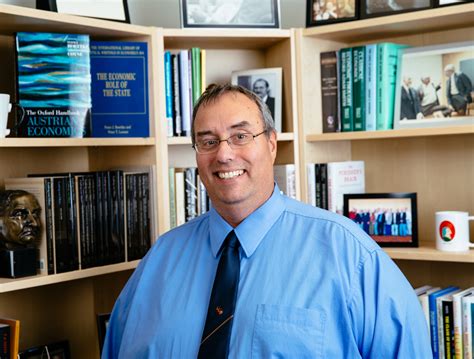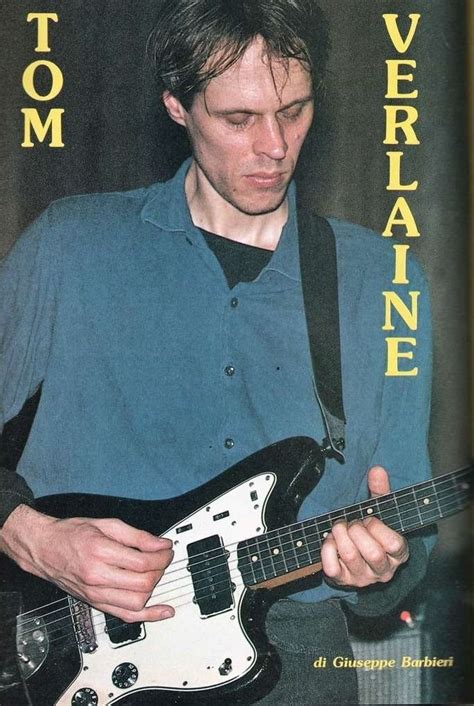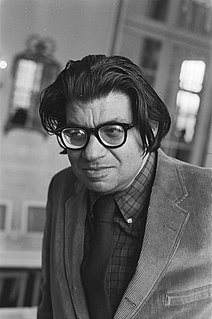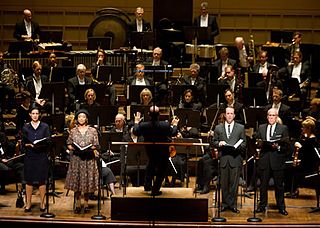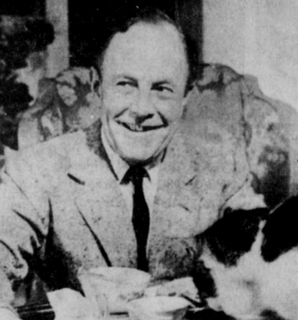A Quote by Mason Cooley
Reading more than life teaches us to recognize ethos and pathos.
Related Quotes
In Aristotelian terms, the good leader must have ethos, pathos and logos. The ethos is his moral character, the source of his ability to persuade. The pathos is his ability to touch feelings to move people emotionally. The logos is his ability to give solid reasons for an action, to move people intellectually.
I always like junkyards. All this metal piled up - they're filled with pathos, those places. Much more pathos than most of the music I've heard. You look at it, and there's more feeling, even though it's depressing, than there is in a lot of music I hear these days. A junkyard is what it is, whereas listening to a record by, say, Styx, is something else.
Reading activates and exercises the mind. Reading forces the mind to discriminate. From the beginning, readers have to recognize letters printed on the page, make them into words, the words into sentences, and the sentences into concepts. Reading pushes us to use our imagination and makes us more creatively inclined.
Most of us encounter a great deal more Mystery than we are willing to experience. Sometimes knowing life requires us to suspend disbelief, to recognize that all our hard-won knowledge may only be provisional and the world may be quite different than we believe it to be. This can be very stressful, even frightening. But if we are not willing to wonder, we may have to hang up the phone on life.
When I was a teenager, reading for me was as normal, as unremarkable as eating or breathing. Reading gave flight to my imagination and strengthened my understanding of the world, the society I lived in, and myself. More importantly, reading was fun, a way to live more than one life as I immersed myself in each good book I read.
In a word, the Holy Scripture is the highest and best of books, abounding in comfort under all afflictions and trials. It teaches us to see, to feel, to grasp, and to comprehend faith, hope, and charity, far otherwise than mere human reason can; and while evil oppresses us, it teaches how these virtues throw light upon the darkness, and how, after this poor, miserable existence of ours on earth, there is another and an eternal life.
Life in the country teaches one that the really stimulating things are the quiet, natural things, and the really wearisome things are the noisy, unnatural things. It is more exciting to stand still than to dance. Silence is more eloquent than speech. Water is more stimulating than wine. Fresh air is more intoxicating than cigarette smoke. Sunlight is more subtle than electric light. The scent of grass is more luxurious than the most expensive perfume. The slow, simple observations of the peasant are more wise than the most sparkling epigrams of the latest wit.
Grief remains one of the few things that has the power to silence us. It is a whisper in the world and a clamor within. More than sex, more than faith, even more than its usher death, grief is unspoken, publicly ignored except for those moments at the funeral that are over too quickly, or the conversations among the cognoscenti, those of us who recognize in one another a kindred chasm deep in the center of who we are.


